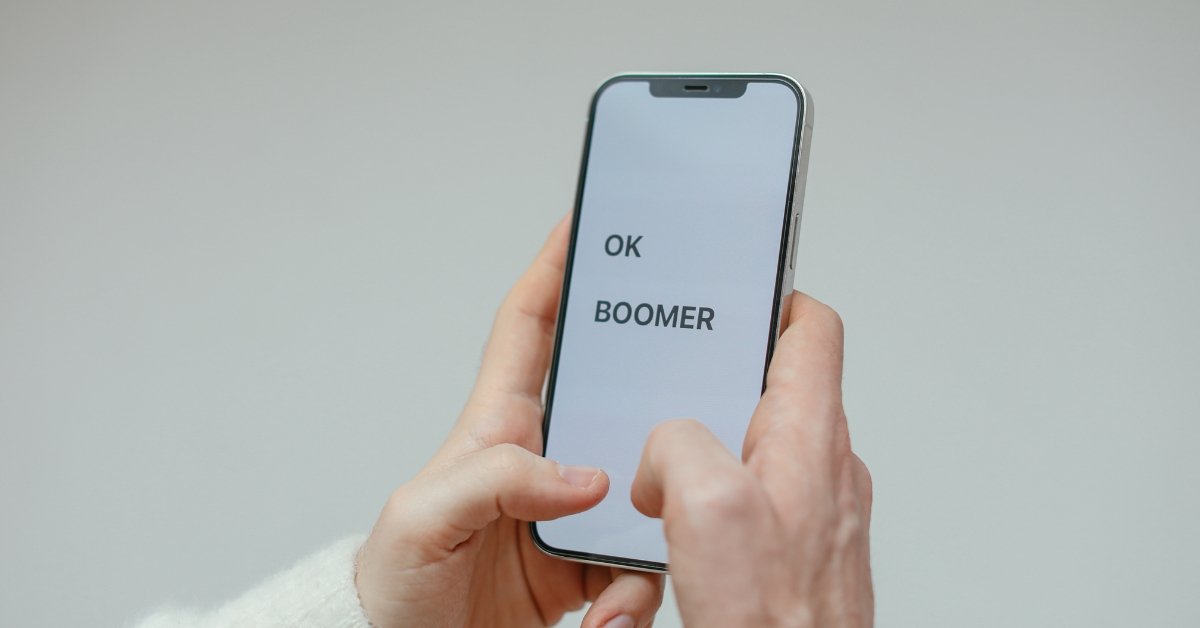Find the top 20 internet slang terms you need to know in 2024. Stay updated with the latest online vocabulary and impress your friends with your internet savvy!
Table of Contents
Introduction
The internet constantly evolves, and many new slang terms and phrases come with it.
Staying updated with the latest internet lingo is crucial, whether you are a seasoned netizen or a newcomer to the digital world.
Internet Slang Terms
This blog post will explore the top 20 internet slang terms you need to know in 2024.
These terms are fun and help you navigate and understand the ever-changing online conversations.
Let us dive in.
1. TL;DR (Too Long; Didn’t Read)
TL;DR is an acronym for short texts or articles. If you see this acronym, expect a summary highlighting the key points.
Example:
“This article is over 2000 words, so here’s the TL;DR: Internet slang evolves quickly, and these 20 terms are essential for 2024.”
2. GOAT (Greatest of All Time)
GOAT describes someone or something that is the best in its category.
Example:
“Michael Jordan is often called the GOAT of basketball.”
3. FOMO (Fear of Missing Out)
FOMO describes the anxiety that an exciting or interesting event may be happening elsewhere.
Example:
“Scrolling through Instagram gives me FOMO about all the missing events.”
4. SMH (Shaking My Head)
SMH is used to express disappointment or disbelief.
Example:
“You didn’t finish your project? SMH.”
5. Yeet
Yeet is an exclamation of excitement or approval, often used when throwing something with force.
Example:
“He yeeted the ball across the field.”
6. Bae (Before Anyone Else)
Bae is a term of endearment for a significant other.
Example:
“I’m spending the weekend with my bae.”
7. Woke
Woke describes someone aware of social issues, especially racism and inequality.
Example:
“He’s woke when it comes to environmental issues.”
8. Salty
Salty means being upset or bitter over something minor.
Example:
“She got salty after losing the game.”
9. Flex
Flex is used to show off or boast about something.
Example:
“He likes to flex his new sneakers on social media.”
10. Lit
Lit describes something exciting or excellent.
Example:
“That party was lit!”
11. Ghosting
Ghosting is the act of suddenly cutting off all communication with someone.
Example:
“I haven’t heard from her in weeks; she ghosted me.”
12. Thirsty
Thirsty describes someone desperate for attention or validation.
Example:
“Posting that many selfies are so thirsty.”
13. Ship
Ship is short for relationship, often used to express support for a romantic pairing.
Example:
“I ship those two together.”
14. Simp
Simp is a derogatory term for someone who does too much for a person they like.
Example:
“He’s such a simp, always buying her gifts.”
15. Lowkey
Lowkey means slightly or secretly.
Example:
“I’m lowkey excited about the concert this weekend.”
16. Stan
Stan is a combination of ‘stalker’ and ‘fan,’ meaning an overzealous or obsessive fan.
Example:
“She stans that K-pop group hard.”
17. Vibe Check
Vibe Check is a phrase used to assess someone’s mood or atmosphere.
Example:
“He failed the vibe check with his negative attitude.”
18. No Cap
No Cap means no lie or for real.
Example:
“I just got a new car, no cap!”
19. Sus
Sus is short for suspicious.
Example:
“His behavior was sus at the party.”
20. Karen
Karen is a pejorative term for an entitled, middle-aged white woman, often used to describe someone acting overly authoritative.
Example:
“That customer was such a Karen, demanding to speak to the manager.”
Interesting Trivia
Did you know that “yeet” originated from a dance move that went viral on Vine in 2014? It has since evolved to mean throwing something with vigor or expressing excitement.
Conclusion
Staying current with internet slang terms is more than just a fun pastime; it is essential for effective communication in the digital age.
Incorporating these terms into your everyday language, you will stay relevant and connect better with the online community.
So, the next time you see a new term, you’ll be ready to use it like a pro.
Stay updated, stay savvy, and most importantly, enjoy the ever-evolving world of internet lingo!






